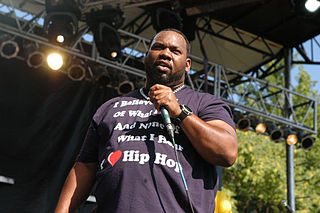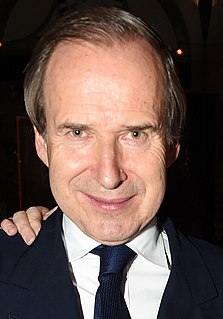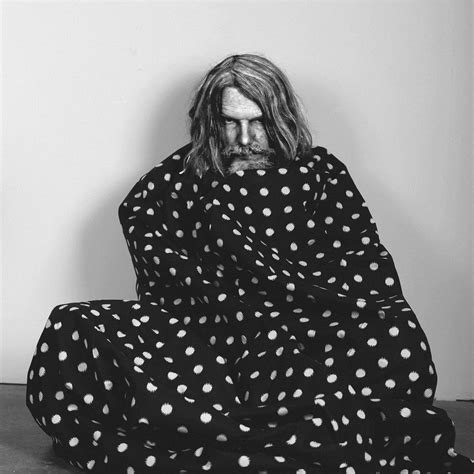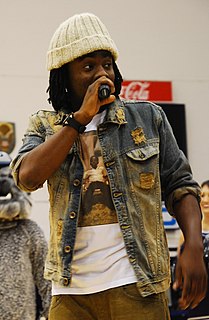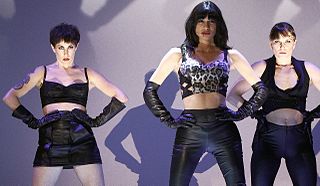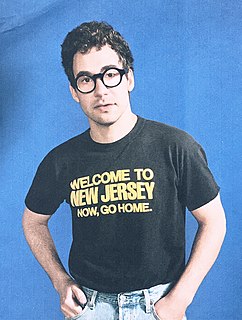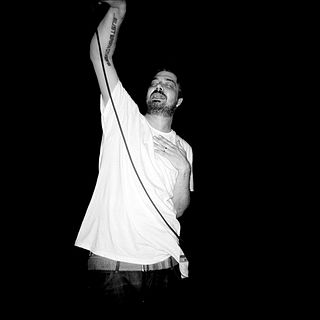A Quote by Talib Kweli
Nowadays rap artists coming half-hearted,
Commercial like pop, or underground like black markets.
Where were you the day hip-hop died?
Is it too early to mourn? Is it too late to ride?
Related Quotes
In this time, we incorporate money and media, and it's split up like apartheid, where when you say "hip-hop," you think just rap records. People might have forgot about all the other elements in hip-hop. Now we're back out there again, trying to get people back to the fifth element, the knowledge. To know to respect the whole culture, especially to you radio stations that claim to be hip-hop and you're not, because if you was a hip-hop radio station, why do you just play one aspect of hip-hop and rap, which is gangsta rap?
Before I think we was emcees, we was more or less narrators too. Because if you look at the early '80s hip hop, it was so much creativity goin' on with artists like then, like Slick Rick, then you had Rakim, and you had these different kind of artists back then. And we was a marble cake of all these artists. So I didn't have a problem with writin' stories because I felt like that was somethin' I loved to do. Even to this day, I really consider myself an entertainer-slash-narrator. I like to talk about stuff that goes on.
To me, that's the biggest problem with hip-hop today is the fact that everyone believes that all of hip-hop is rap music, and that, when you say "hip-hop," it's synonymous with rap. That when you say "hip-hop," you should be thinking about breakdancing, graffiti art, or MCing - which is the proper name for rap - DJing, beat-boxing, language, fashion, knowledge, trade. You should be thinking about a culture when you say, "hip-hop.".
Even though hip-hop started as a battle format, different artists appeared on each other's records or hung out in the same clubs, supporting each other. That was a profound influence. Also, hip-hop, to me, represents limitless possibility. Hip-hop is always evolving. People say, "Oh, it's a very commercial thing, it's too R&B." But in six months, a record is gonna come out that will completely change that.
Legions of young hip-hop fans are as against this as hip-hop's most fierce critics. There is a huge underground movement within hip-hop circles that against these representation. You can hear this message on tons of lyrics and rap songs produced by independent emcees. But they are fighting against a well-oiled and well-financed machine.
A few years back, even the most commercial pop could have some artistic value. Someone who liked underground music could appreciate Justin Timberlake, too. Now, I just don't get it. Production values are boring; songwriting has gotten worse - the choruses on a lot of popular hip-hop songs are especially bad. The rappers hit their flow in the verses, then when they try to sing, it's a mess. And just like the airbrush tool in Photoshop, Autotune is way overused. It's not a toy!
Sometimes I'm just a little bit too honest. There was some things that were going on behind the scenes that I didn't like because it's not what hip-hop is about. Hip-hop is about honesty and it's about being real to the people, and I kinda felt like there's some instances where some artists aren't 100% honest with the people. Their integrity is lacking sometimes. And sometimes it comes out.
I've been involved in a lot of different kinds of projects. I've been on straight hip hop tours. I've been on underground rock tours. I've been on multimillion selling rock shows. I've been in the jam band thing, and both commercial and underground hip hop. Very few people listen to one kind of music.
What sets 'Some Nights' apart from anything we've ever done is the hip-hop influence. Not so much the actual sound of hip-hop, but more the vibrato and the artistry that comes with it. Right now, the artists that seem to be pushing to be the greatest artists and are trying to change the world are hip-hop artists.
I used to skate a lot when I was a kid. I loved it and was quite good. When I came back to London in around '85, I got really into skating again. But at the time, it had no influence from hip-hop. It was just thrash rock, hardcore rock, and skulls and all black - that kind of style. In Japan, the skaters were also strictly into rock culture, too, but I was coming from the hip-hop side, so for a while it was difficult to mix both interests.
I guess, like, I've always listened to rap, and I remember I specifically started listening to, like, pop-rap when I was, like, 11, you know, like Shaggy. I love Shaggy. And then I discovered, like, underground rap when I got to high school, and really, that's when it kind of blossomed. I don't feel like my love for rap blossomed off of Shaggy.



